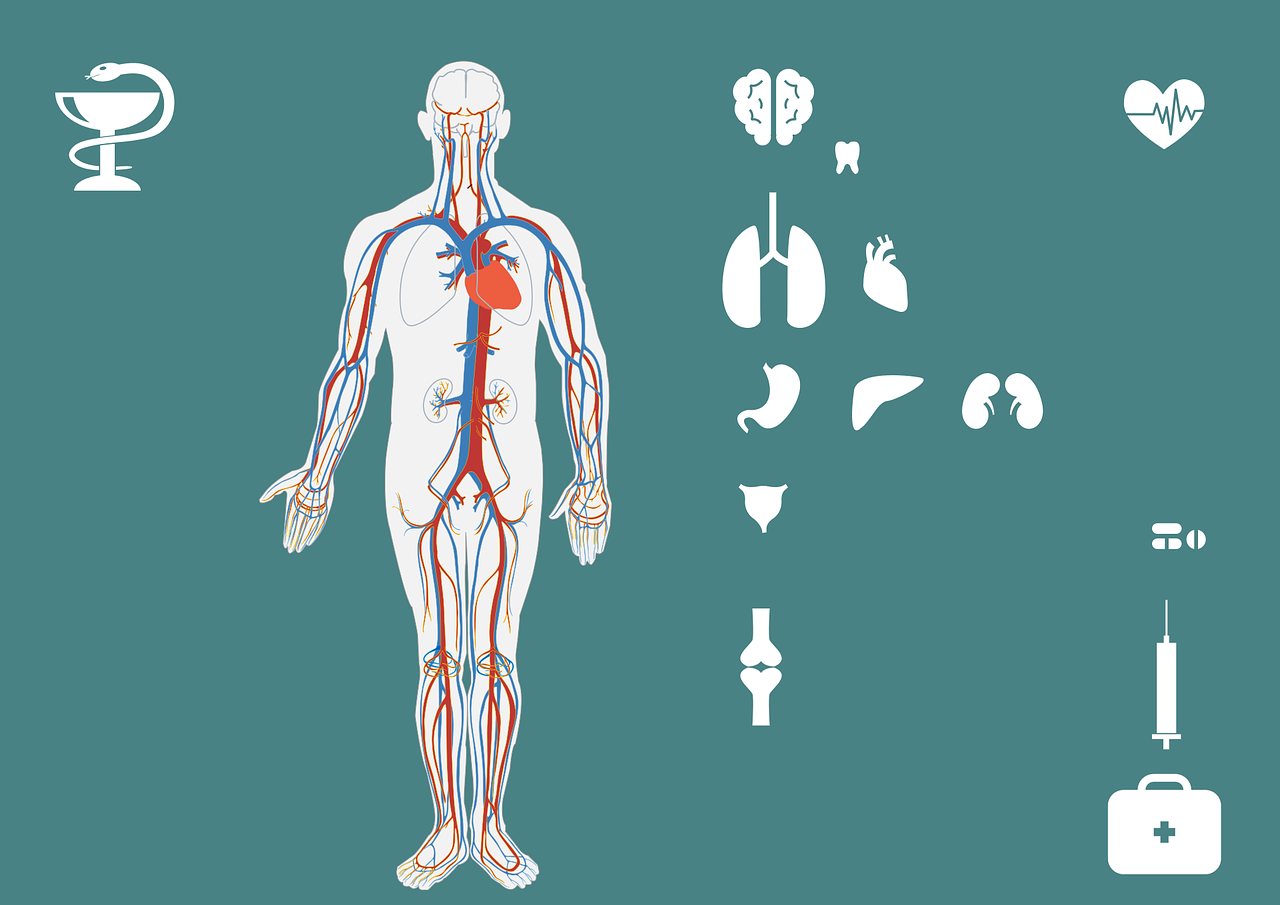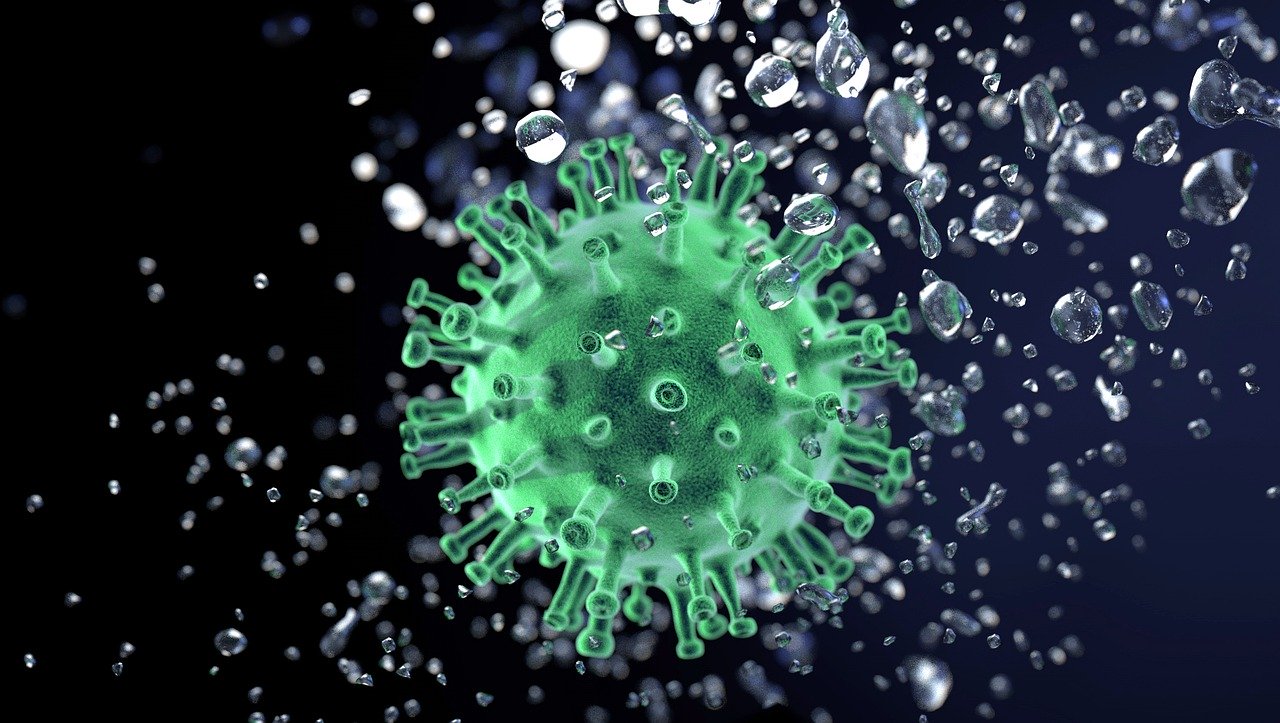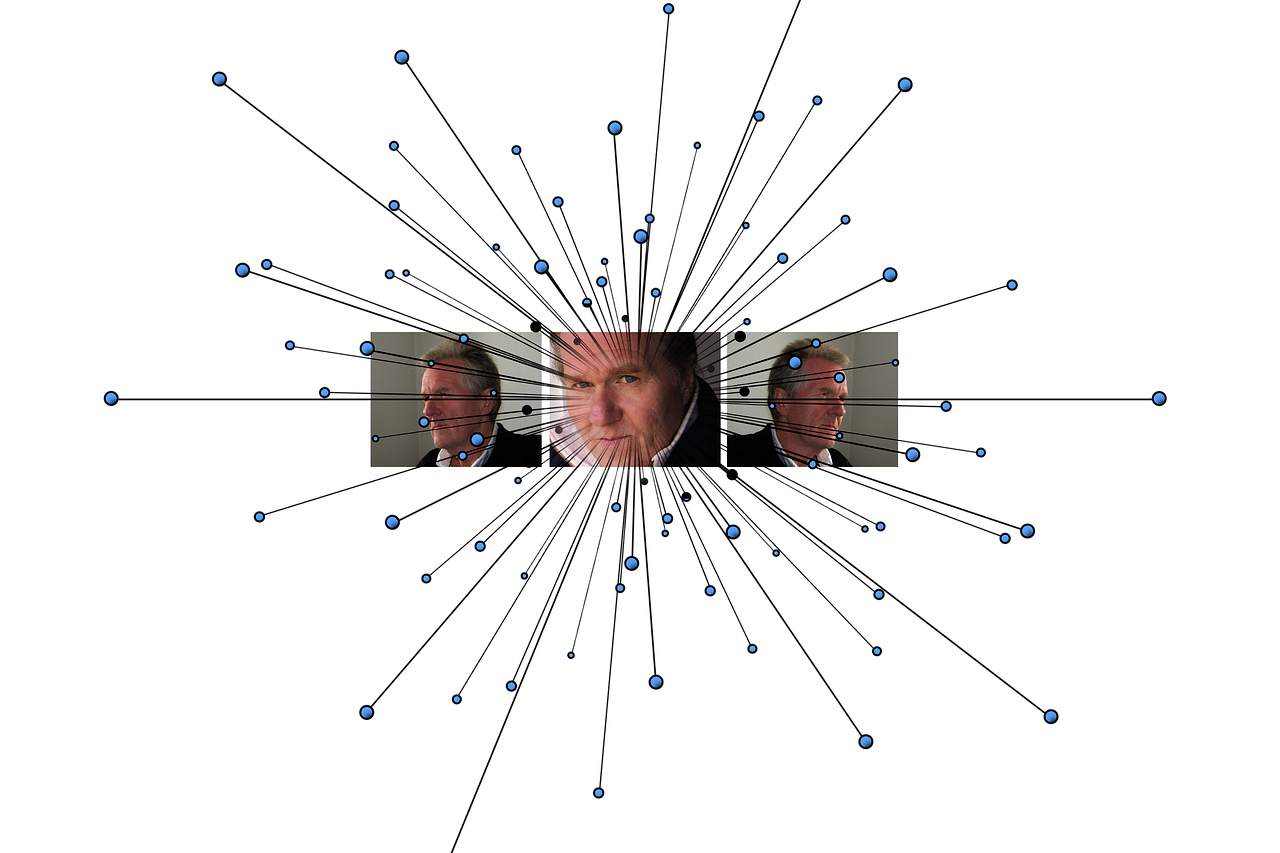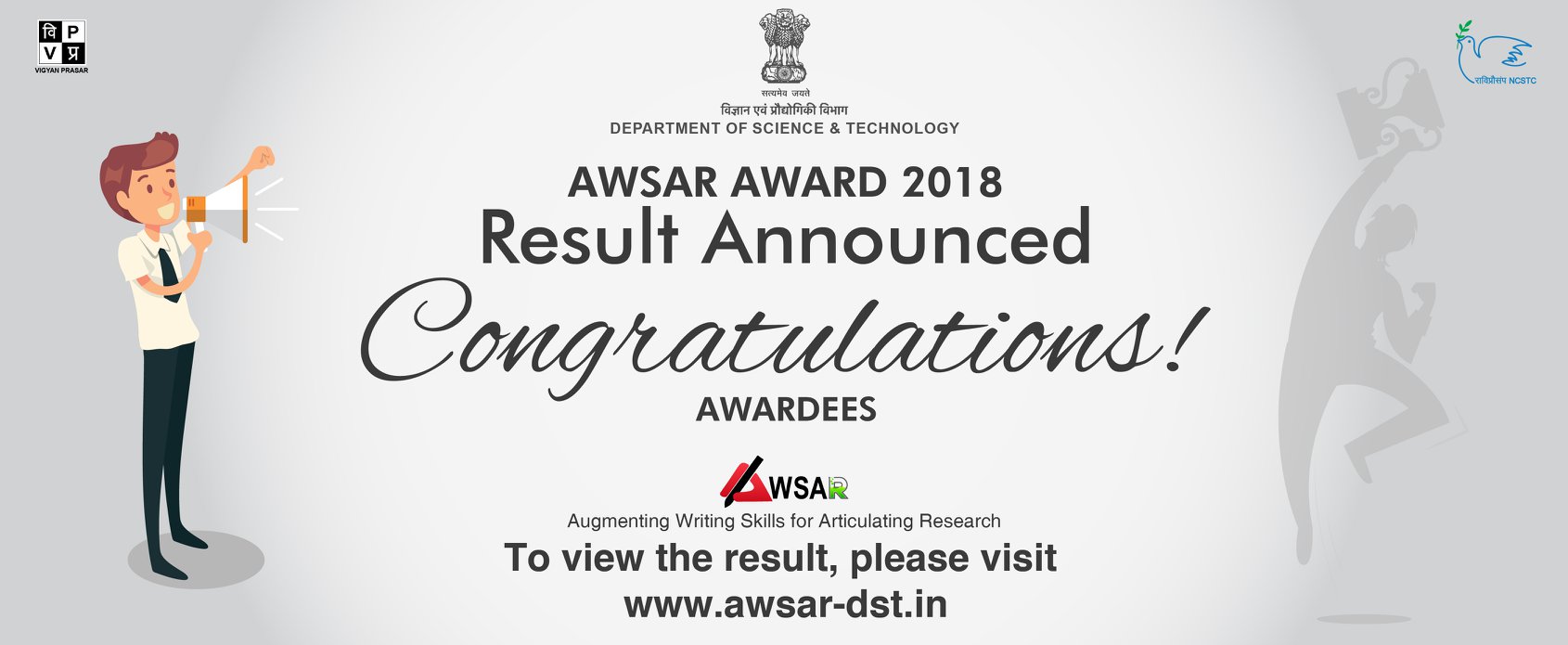Quick Overview
Researchers at Maastricht University (UM) recently succeeded in visualizing dynamic metabolic changes using mass spectrometry imaging (MSI) through amino acid conversion in the liver. This is the first time scientists have been able to identify the dynamics of biochemical processes in human tissue. The research team – headed by Zita Soons and Martijn Arts and led by Ron Heeren (M41) and Steve Olde Damink (Surgery) – published their findings this week in the international edition of the prestigious German journal Angewandte Chemie.
Mass spectrometry imaging
Mass spectrometry imaging is a technique used to create a molecular map of living tissue in a single shot. Researchers use this technique to determine the exact location of certain molecules and how they are influenced by diseases. ‘In a sense, we’re creating the Google Maps of tissue,’ says researcher Martijn Arts. ‘What makes our research so special is that we’ve developed a method that allows us to visualize molecular changes as they are happening and pinpoint their exact location. In the future, this will allow us to determine how, for example, tumor tissue behaves in a patient. This information is important for both diagnostic and prognosis purposes.’
Visualizing liver metabolism
To test their research method, the researchers injected a healthy mouse with the amino acid phenylalanine. The liver converts this essential amino acid into tyrosine, a non-essential amino acid that is commonly found in protein-rich foods like cheese, meat, and legumes. This conversion is slower in people with liver disease. ‘In order to visualize this biochemical process, we also injected a tracer – in this case, stable isotopes – along with the phenylalanine,’ explains Zita Soons. ‘Think of stable isotopes as a kind of GPS tag that we can detect using mass spectrometry imaging. This allows us to see exactly where the labeled phenylalanine goes in the tissue and what happens to it. We took MSI images of the enzymatic conversion at three fixed intervals – 10 minutes, 30 minutes and 60 minutes – and clearly saw the molecular changes. What makes this method so amazing is that it can be used for lots of other metabolites as well.’
Unique collaboration
Researchers from the Maastricht MultiModal Imaging Institute (M41) and the School of Nutrition and Translational Research in Metabolism (NUTRIM) worked in close collaboration within the research team. Oncologists from GROW research school, radiologists from MAASTRO radiation center and biochemists from the Cardiovascular Research Institute Maastricht (CARIM) were also involved in the research. ‘A collaboration of this size in an area barely spanning one square kilometer is extremely unique,’ says Arts. ‘A follow-up study is already in the works and will focus on tumor tissue.’
The research paper can be accessed at http://onlinelibrary.wiley.com/doi/10.1002/anie.201702669/epdf



